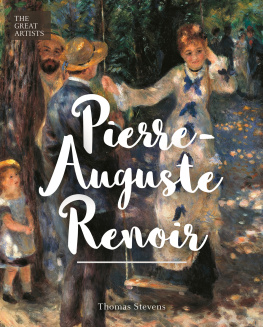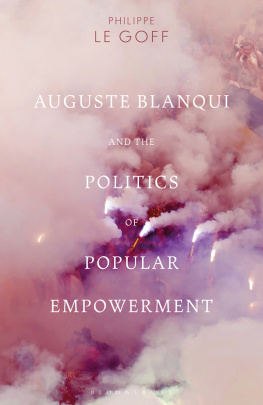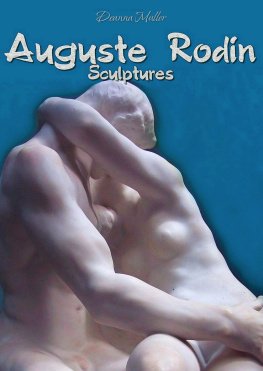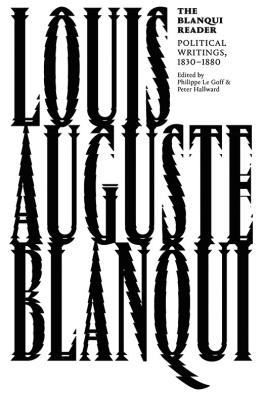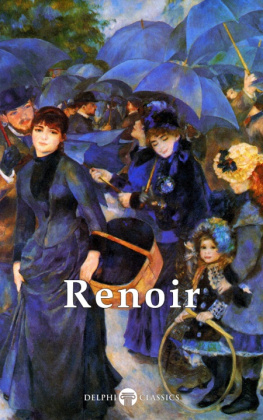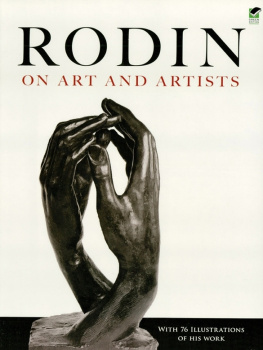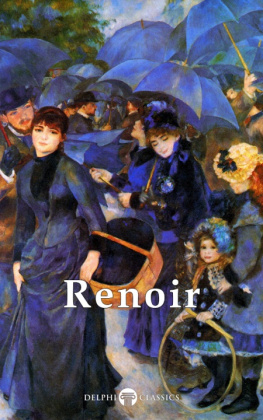Transcriber's Note:
Inconsistent hyphenation in the original document has been preserved.
Obvious typographical errors have been corrected. For a complete list, please see the .
Click on the images to see a larger version.
THE
SEXUAL QUESTION
A SCIENTIFIC, PSYCHOLOGICAL, HYGIENIC
AND SOCIOLOGICAL STUDY
BY
AUGUST FOREL, M.D., PH.D., LL.D.
Formerly Professor of Psychiatry at and Director of the
Insane Asylum in Zurich (Switzerland)
ENGLISH ADAPTATION FROM THE SECOND GERMAN
EDITION, REVISED AND ENLARGED
BY
C.F. MARSHALL, M.D., F.R.C.S.
Late Assistant Surgeon to the Hospital for
Diseases of the Skin, London
ILLUSTRATED
REVISED EDITION
Publisher's Mark
BROOKLYN, NEW YORK
PHYSICIANS AND SURGEONS BOOK COMPANY
HENRY AND PACIFIC STREETS
1931
Copyright, 1906
Copyright, 1922
owned by
Physicians and Surgeons Book Co.
PRINTED IN U.S.A.
PREFACE TO THE FIRST EDITION
This book is the fruit of long experience and reflection. It has two fundamental ideasthe study of nature, and the study of the psychology of man in health and in disease.
To harmonize the aspirations of human nature and the data of the sociology of the different human races and the different epochs of history, with the results of natural science and the laws of mental and sexual evolution which these have revealed to us, is a task which has become more and more necessary at the present day. It is our duty to our descendants to contribute as far as is in our power to its accomplishment. In recognition of the immense progress of education which we owe to the sweat, the blood, and often to the martyrdom of our predecessors, it behoves us to prepare for our children a life more happy than ours.
I am well aware of the disproportion which exists between the magnitude of my task and the imperfections of my work. I have not been able to study as much as should be done the innumerable works which treat of the same subject. Others, better versed than myself in the literature of the subject, will be able later on to fill this regrettable lacuna. I have endeavored, above all things, to study the question from all points of view, in order to avoid the errors which result from any study which is made from one point of view only. This is a thing which has generally been neglected.
I must express my thanks to my friend, Professor Mahaim, and especially to my publisher and cousin, S. Steinheil, for the help and excellent advice which they have given me in the revision of my work; also to Professor Boveri, who has been kind enough to revise the figures, 1 to 17.
Dr. A. Forel.
Chigny prs Morges (Suisse).
PREFACE TO THE SECOND EDITION
The text of the first edition has been revised and corrected, but, apart from some points of detail, the subject matter has not been changed. The examples at the end of Chapter V (First Edition) no longer form a special appendix; they have been included in the parts of the book which specially concern them; some of them have been omitted as being superfluous.
In the domain with which we are concerned the French public are too much afraid, I think, of crudities and of calling things by their proper name. By veiled words and by indirect locution one may say anything, but I have decided not to employ such subterfuges in treating of such a vital social question with the seriousness that it requires. It seems that there is a fear of young people hearing the sexual question spoken of freely and openly; but it is not taken into account that in hiding these things under half-understood words one only excites their curiosity, and, owing to their being blindfolded, they are delivered into the snares and surprises of debauchery.
I cannot better illustrate the error that I have just pointed out than by quoting, among several others of the same kind, a letter which I have received from a young girl, aged 21 years, intelligent, virtuous, educated, and well brought up, but without restraint.
Having read my book she put several questions to me to which I replied. On my part I requested her to tell me frankly:
(1). If, in her opinion, I had been mistaken in my judgment of the sexual psychology of the normal young girl; (2). If my book had done her the least harm, moral or otherwise.
I begged her to criticise me without pity, for I wished above all things to be clear on the effect produced by my book. This is her letter:
"I must thank you for the deep and unalterable impression which your book has produced on me. I am a young girl of 21 years, and you know how difficult it is for us to see clearly into those natural things which so closely concern us. I cannot, therefore, thank you too much for the calm enlightenment which has been produced in me, and for the just and humane words which you devote to the education of our sex. I hope one day to have the good fortune to apply to my children the ideas on education with which you have inspired me.
"You ask me for the impression which your book has made on me. It is true that I am still very young, but I have read much. My mother has brought me up very freely, so that I can count myself among the young girls who are free from prejudice. In spite of this, a sort of internal anxiety or false shame has hindered me from speaking of all the things of which you treat. All that I knew I had read in books or derived by instinct. Although I knew very well that my mother would always answer my questions I never asked any.
"I declare that latterly my mind had been in a state of veritable chaos. I was obsessed and tormented by a fear of everything of which I was ignorant and some day ought to learn. This is why I was anxious to read your book which a friend showed me. I will now express myself more clearly.
"The first chapters were difficult for me, not because I could not understand them, but owing to the strange and novel experience which the truth made in me when plainly and scientifically expounded. Wishing to read everything I applied myself to the book laboriously. My first impression was that of disgust for all human beings and mistrust of everything. But I was soon glad to find that I was a very normal young girl, so that this impression soon passed away. I was no longer excited over conversations which I heard, but took a real interest in them, and I was happy to have become acquainted with some one who understood us young girls.
"I am, therefore, a young girl whose sensations are neither cold nor perverse, and I am always rejoiced, in reading your book, to see with what truth you describe our sexual impressions. Those who maintain that we feel in this way the same as men make me smile. In your book ("Hygiene of Marriage," p. 479) you say that the idea of marriage awakens in a normal young girl a kind of anguish and disgust, and that this feeling disappears as soon as she has found some one whom she loves. This is extremely true and well observed. I am in complete agreement with a friend with whom I have often discussed your book; we young girls are very little attracted by the purely sexual side of marriage, and we should prefer to see children come into the world by some other way than that ordained by Nature. This will, perhaps, make you laugh. However, I think you will understand my feelings.




